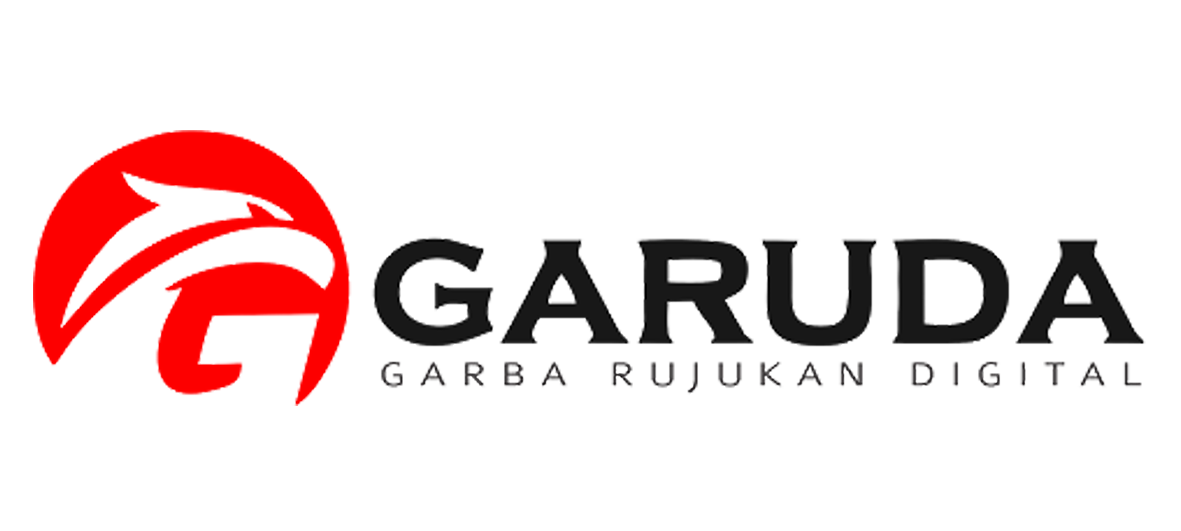Plagiarism and Retraction Policy
Plagiarism and self-plagiarism are not allowed. The Journal uses a plagiarism checker to screen articles to detect plagiarism. Detection of overlapping and similar text is used there so quotations and appropriate citations have to be used whenever required. To check Plagiarism, the Editorial Board will screen plagiarism by using Turnitin. If it is found plagiarism indication (above 20%), the editorial board will reject the manuscript immediately. Before publishing, it is required to obtain written confirmation from authors concerning to Original Statement from Author(s). This statement is to be signed by at least one of the authors who have obtained the assent of the co-author(s) where applicable
Journal editors can not independently decide which articles shall be published. In making decisions regarding publishing, editors are guided by the policies of the journal's editorial board and are limited by applicable legal requirements relating to defamation, copyright infringement, double publishing, and plagiarism. Articles that have been published will remain extant, exact and unaltered as far as is possible. However, certain circumstances can arise where articles that have been published must then be withdrawn or even deleted. Such actions should not be carried out except in exceptional circumstances.
A retraction of articles that have been published can be initiated by journal editors, authors and/or their institutions. In certain cases, the retraction must be accompanied by an apology for the previous mistakes and/or expressions of gratitude to those who revealed the error to the author. A retraction of published scientific articles must be accompanied by a statement that the original article must not be published and that data and conclusions should not be used as part of the basis for future research








